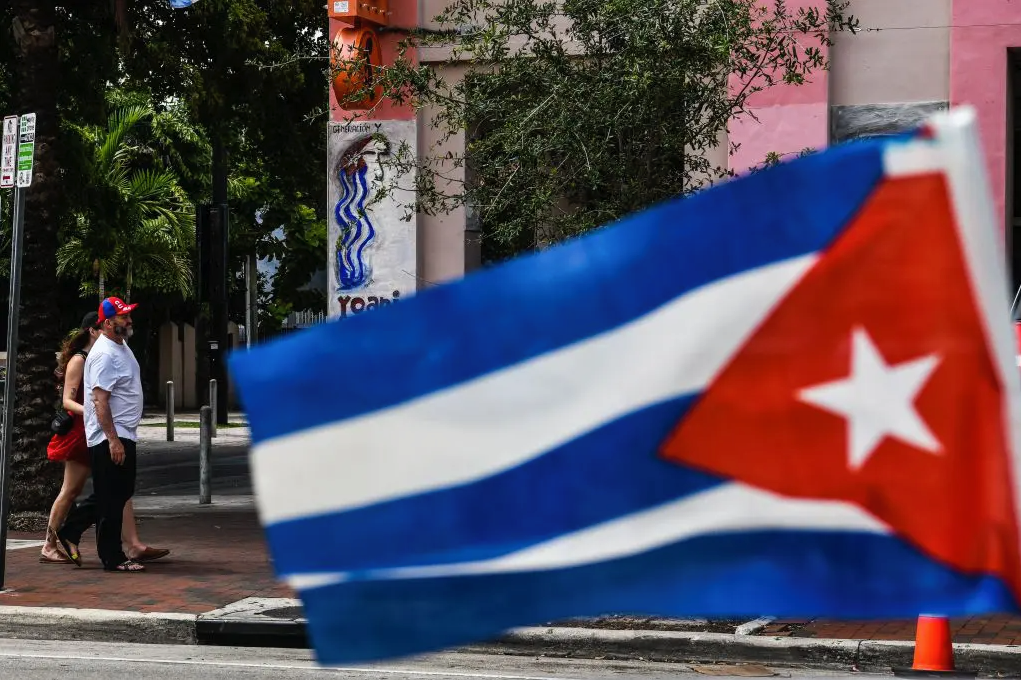Recently, the Cubadata project presented the results of surveys from its second multidimensional panel Exploring possible futures for democratization in Cuba.
These surveys were conducted between September 2023 and February 2024 and focused on people’s responses to the difficult situations they face daily. The goal of this study was to determine if there is a political-cultural transformation process among Cubans and to generate objective and traceable evidence to test various myths about the country’s political and social situation.
Additionally, the Cubadata panel provides a 360° multidimensional view, allowing us to see how various personal, social, economic, political and cultural aspects interrelate. This comprehensive view and dynamic monitoring over time give this panel a remarkable power of observation and inference. It enables a deep understanding of the dynamics and transformations in Cuban society. One of Cubadata’s surveys collected information on political legitimacy and the future of the socialist revolution in Cuba (2023).
In this article, I will present some aspects of this survey and compare them to similar or differing findings from other studies on the same topics in Latin America. I focused on relevant indicators. According to Cubadata’s research, Cubans believe that the two biggest failures of the Cuban Revolution are economic dependence (31.4% of respondents) and the centralization of power and lack of citizen participation mechanisms (23.0%). Furthermore, most respondents expressed that socialism in Cuba is declining or in decline (31.9%) or, at the very least, counterproductive (24.9%).
At this point, the data confirms two trends that civil society organizations and academia have highlighted before. The first is that the political regime resulting from the 1959 revolution did not encourage the expansion of political participation and concentrated power in a totalitarian elite. It also maintained the previous pattern of economic dependence through relations with the Soviet Union and other socialist states, including China, Russia, Venezuela and Vietnam. The second is the loss of socialism’s legitimacy. Citizens perceive that there is less socialism in Cuba or, at least, what is identified as such by authorities does not align with people’s daily lives.
The future of Cuba and trust in the law
Other revealing data is linked to citizens’ opportunities to influence Cuba’s future and their trust in the fairness of the country’s laws. On the first issue, the prevailing perception is that the best course is to change both the government system and the socialist model (50.4%). Meanwhile, the majority opinion on the second topic is that there is no trust in the laws being just (49.1%). Cubans also lack trust in the justice system (49.9%) and believe that the Communist Party of Cuba (PCC) does not respond to the people’s needs (56.5%).
Regarding legislation and the democratic quality of laws and other regulations, the Cuban Legislative Observatory has noted that these only address the political elite’s need to comply with the 2019 Constitution. They are not intended to enhance human rights protection from a more pluralistic perspective. The aim is not to build a rule of law, but to structure a rule by law, where the law and institutions are used to legitimize the political regime’s arbitrary actions.
Survey data confirms citizens’ lack of trust
This is further confirmed by other data from the Cubadata survey. For example, 50.6% of respondents believe that the Cuban bureaucracy does not guarantee the right to freedom, 49.6% feel the same about equality before the law and 55.2% about freedom of expression. The same holds true for economic, social and cultural rights, which for over 60 years have been a cornerstone of the government’s rhetoric. Some 37.7% of respondents believe the authorities cannot guarantee the right to health. Similarly, 44.1% do not trust the government to ensure the right to dignified work.
This situation shows that an increasing number of Cubans no longer support the prevailing political regime in Cuba. However, while a consensus is gradually emerging in Cuba about the need to democratize the political regime, the trend in Latin America seems to be moving in the opposite direction. According to Latinobarómetro studies, democratic weakening has been visible over the last 13 years (2010-2023), even in countries with democratic traditions.
Democracy in decline in Latin America
Democracies in Latin America have gradually been replaced by populism and authoritarianism. The decline is reflected in low support for democracy, growing indifference to the type of regime, preferences for authoritarianism, declining government performance and poor public perception of political parties. This scenario is evident in the decreasing citizen support for democracy in Latin America, which stood at just 48% in 2023. The decline is notable compared to the 63% support level reached in 2010, a drop of 15 percentage points in 13 years.
While the decline in support for democracy in Latin America is due to its inefficiency in generating more equality before the law, justice, dignity and wealth distribution, the Cuban case should serve as a reminder that authoritarianism does not provide these either. On the contrary, it suppresses them until they become non-existent. If the perception among Latin American citizens is that their living standards have not significantly improved under democracy, they should know that the Cuban, Nicaraguan and Venezuelan authoritarian regimes have only worsened them.
The data collected by Cubadata should serve, at least minimally, to discourage public support for authoritarian and populist behaviors that propose demolishing democratic institutions to solve social problems. In the end, neither occurs and by then, it may be too late. The current situations in Cuba, Nicaragua and Venezuela demonstrate this daily.













